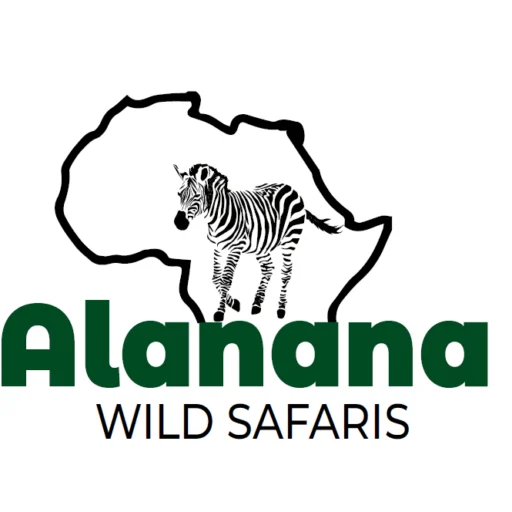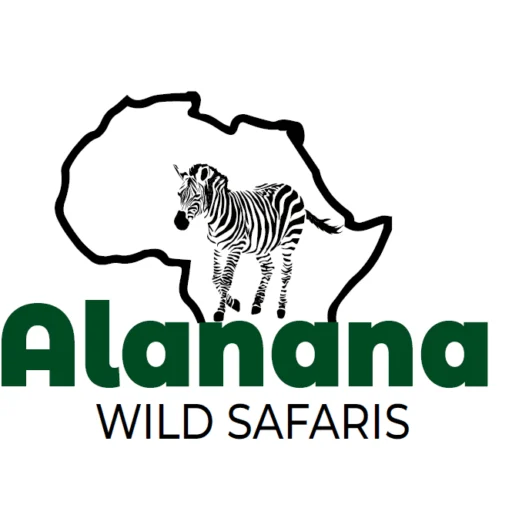- Home
- FAQs
FAQs
Tanzania offers exceptional wildlife viewing year-round. However, the dry season (June to October) is ideal for game viewing, as animals gather around water sources. The Great Migration in the Serengeti can be witnessed from June to August (river crossings) and December to March (calving season in the southern Serengeti).
We offer customized safaris to Tanzania’s top destinations, including:
Serengeti National Park – Home to the Great Migration and abundant predators.
Ngorongoro Crater – A UNESCO World Heritage Site with the Big Five.
Tarangire National Park – Famous for large elephant herds and iconic baobab trees.
Lake Manyara National Park – Known for tree-climbing lions and diverse birdlife.
Ruaha and Nyerere National Parks – Ideal for off-the-beaten-path safaris.
Alanana Wild Safaris offers a range of safari experiences, including:
Luxury, mid-range, and budget safaris
Private and group safaris
Walking safaris
Photographic safaris
Cultural safaris with local communities
Night game drives (in select locations)
Safari durations vary based on preferences. We recommend at least 5 to 7 days for a well-rounded experience covering multiple national parks. Shorter 3-day safaris are also available for those with limited time.
Our safari packages typically include:
Park entry fees- Accommodation (lodges, tented camps, or budget camping)
- Meals and drinking water
- Private 4×4 safari vehicle with an expert guide
- Game drives and activities
- Airport transfers
We specialize in:
Mount Kilimanjaro treks (via Machame, Marangu, Lemosho, and other routes)
Mount Meru climbs (a great acclimatization hike or standalone trek)
Ngorongoro Highlands trekking (scenic hikes through the crater rim and surrounding areas)
Kilimanjaro is a non-technical trek, but it requires good physical fitness and acclimatization. The success rate is highest on longer routes (Lemosho and Machame, 7+ days), as they allow better altitude adjustment.
Essential items include:
Sturdy hiking boots
Layered clothing for varying temperatures
Sleeping bag (for camping routes)
Headlamp, trekking poles, and gloves
Water bottles and purification tablets
Personal medications and a first aid kit
Yes, all treks require permits, which we arrange as part of our trekking packages.
We offer accommodations ranging from:
Luxury lodges and tented camps
Mid-range lodges and comfortable camps
Budget camping with basic facilities
We provide freshly prepared meals, including vegetarian, vegan, and other dietary options upon request. On trekking routes and camping safaris, our chefs accompany the trip to prepare nutritious meals.
Yes, most travelers require a visa. A single-entry tourist visa can be obtained on arrival ($50 for most nationalities, $100 for U.S. citizens) or through Tanzania’s online e-visa system before travel.
Yes, Tanzania is considered one of Africa’s safest safari destinations. Our experienced guides ensure your safety, and we follow strict health and security protocols.
A yellow fever vaccination is required if arriving from a country with yellow fever risk.
Malaria prophylaxis is recommended.
Travel insurance covering medical emergencies is advised.
You can book by contacting us directly via email, WhatsApp, or our website. A deposit is required to confirm your booking, with the remaining balance due before departure.
Yes! We offer tailor-made packages combining safari experiences with a Zanzibar, Mafia Island, or Pemba Island beach extension.
Yes, we arrange visits to local communities, including:
Maasai villages for insights into traditional pastoralist life.
Hadzabe hunter-gatherers in Lake Eyasi.
Datoga blacksmith communities known for their craftsmanship.
For further inquiries or to begin planning your Tanzanian adventure, contact Alanana Wild Safaris today!

